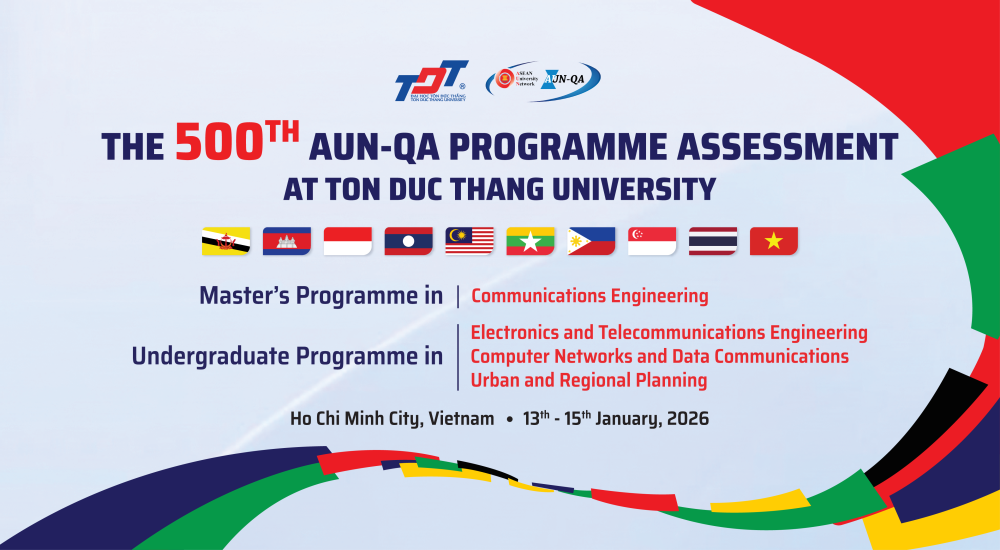Seminar on "Application of zebrafish model in drug screening and chemical toxicity test; and study of liver disease physiology"
The strength of Vietnamese pharmacology is the diversity of herbs. However, the use of herbal pharmaceuticals for treatment is mostly still based on treatment experience. Many medicinal plants with active ingredients have not been used to their full potential. On the other hand, the manufacture of pharmaco-chemical drugs is time-consuming, and new drugs often fail to pass the toxic or pharmacological test before going to a clinical phase. Testing the effects or toxicity of drugs on classic animal models such as mice or rats will be time consuming and costly.
Zebrafish, scientific name Danio rerio, may be the answer to the above problems. Zebrafish is currently emerging in the scientific community as an effective and economical model on genetics, toxicity and drug screening. The advantages of the Zebrafish model when compared to the traditional model include high fertility, small size larvae (larvae) can be kept in 96-well discs or 384-wells (suitable for High-performance screening), with highly compatible genes to human genes, and ectopic development of the fry (facilitating easy observations of drug effects or toxicity).
Time: 14:00 on May 17th, 2019;
Speaker: Dr. Pham Duc Hung;
Venue: Meeting room C, Ton Duc Thang University; 19 Nguyen Huu Tho Street, Tan Phong Ward, District 7, Ho Chi Minh City;
Participants: scientists, researchers, and students who have interests can join and discuss.
Speaker’s bio:
Dr. Pham Duc Hung used to be an intern at Harvard University (USA); He graduated from the University of Leuven (Kingdom of Belgium) in 2016 and then worked at Cincinnati Children's Hospital Medical Center (currently the second largest hospital in the US). He has more than 10 years of experience in studies using zebra fish and mice to investigate liver toxicity, pharmacology and pathology. Dr. Hung is the author of more than 10 international articles (ISI) with some publications in the leading journals such as the Journal of Hepatology (IF = 15), Proceedings of the National Academy of Sciences (IF = 9.5), and Frontier in Immunology (IF = 5.5).
https://scholar.google.be/citations?user=0INJG0kAAAAJ&hl=en
https://orcid.org/0000-0002-8428-4199







